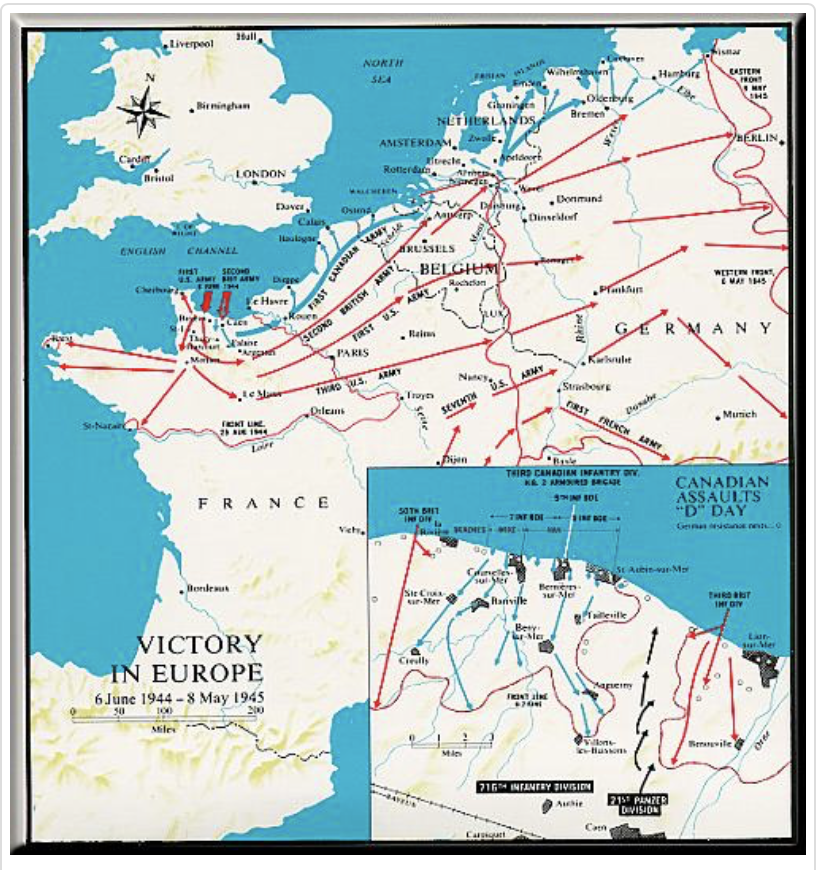Each day concluded with a debrief seminar to help participants process knowledge and experience from each day’s ‘campaigning’ and to think about ways to apply new knowledge and methods in the classroom. During the discussions, participants connected the Big ideas, Powerful Questions, Historical Thinking Concepts (HTCs), and curriculum materials to the historical events, terrain, and sites examined. Daily de-brief seminars were intended Twelve tour participants acted as discussion facilitators once. Before facilitating the discussion, participants were asked to consider some or all of these questions:
Participants were also asked to consider the Big Ideas/Themes and Historical Thinking Concepts outlined below.
- Are the issues and events covered that day historically significant? “What is worth remembering” about the day?
- Does the day’s experience reveal new classroom possibilities?
- Which historical thinking concepts connect to the day (see below)?
- What connections are evident between the day's activities and "Big Ideas" that reach across subject areas and time periods (see below)?
- Does this issue form part of Canada’s collective memory of the 20th century?
- How do we separate history from nation building and/or national identity?
- How can we expose students to the messiness of the past?
Participants were also asked to consider the Big Ideas/Themes and Historical Thinking Concepts outlined below.
|
Big Ideas/Themes:
Bridging Subject Areas and Time Periods
|
Historical Thinking Concepts
(The Big 6 + Historiography)
|

